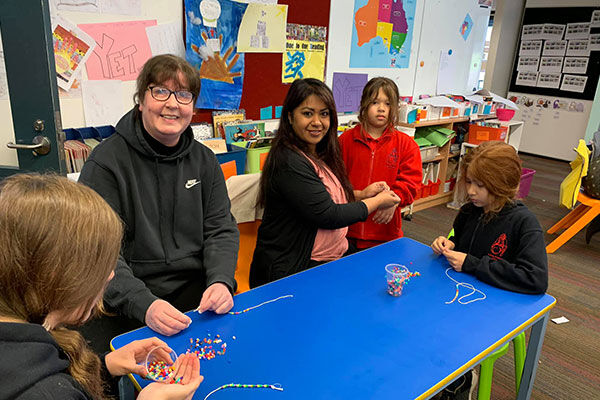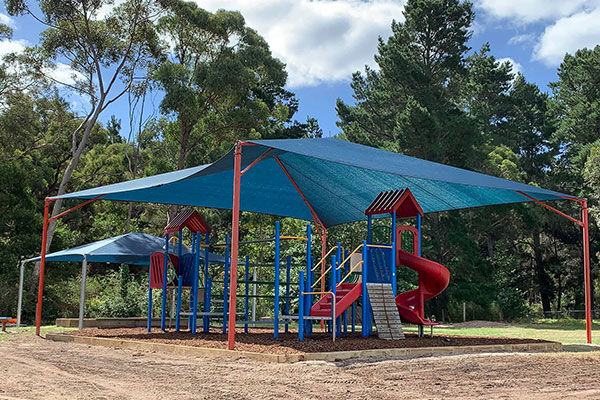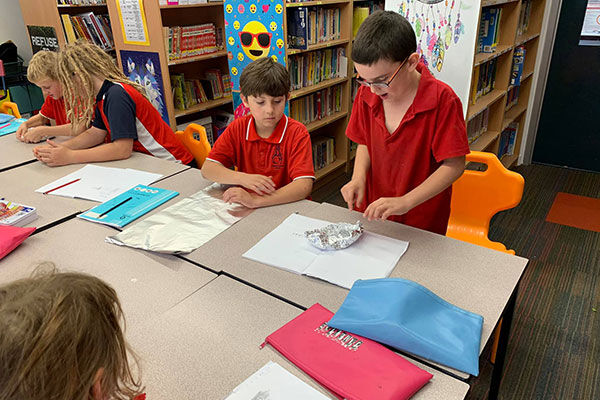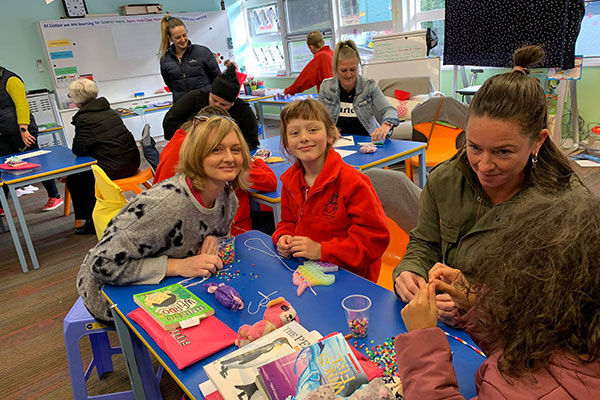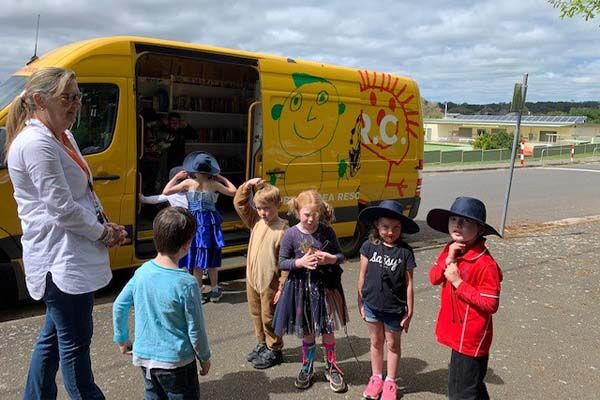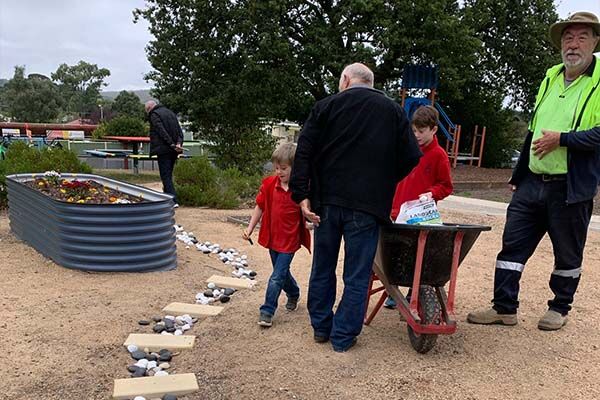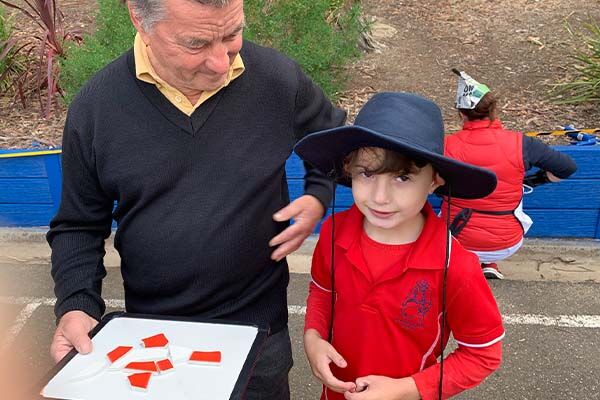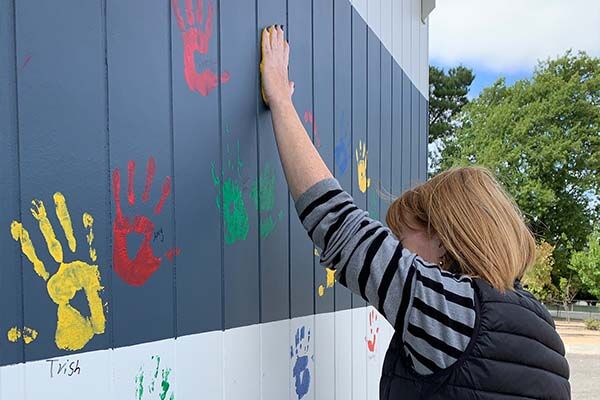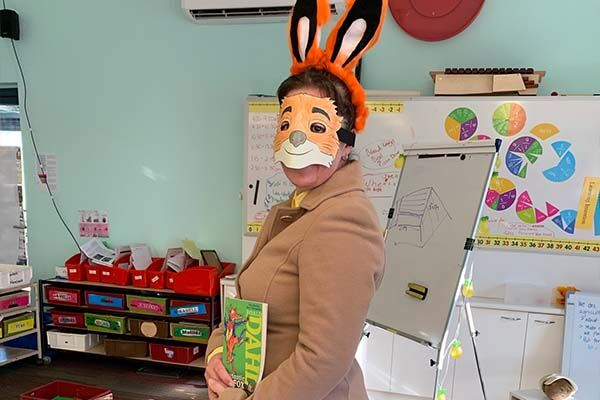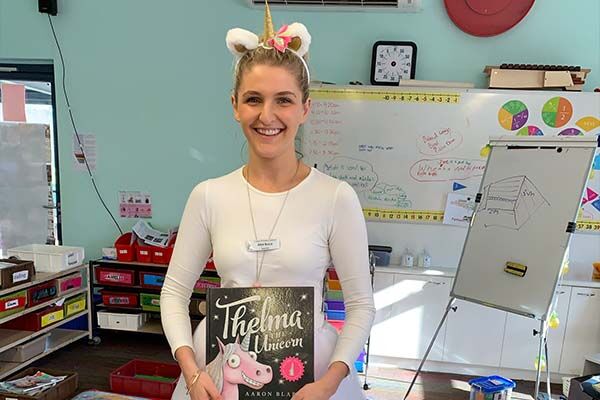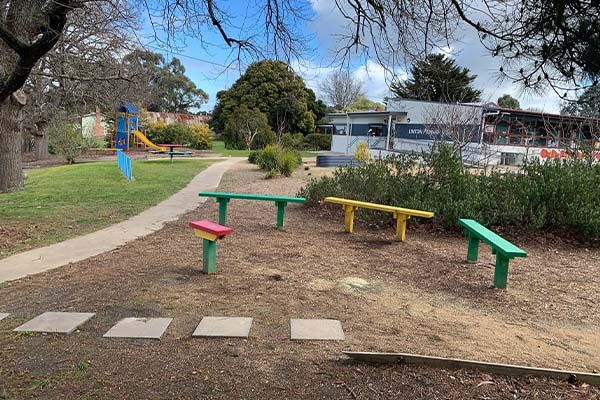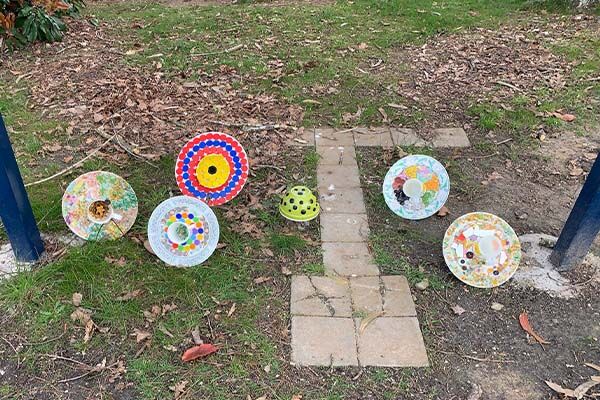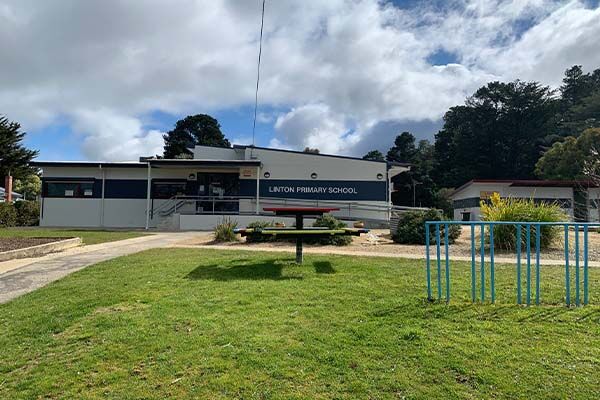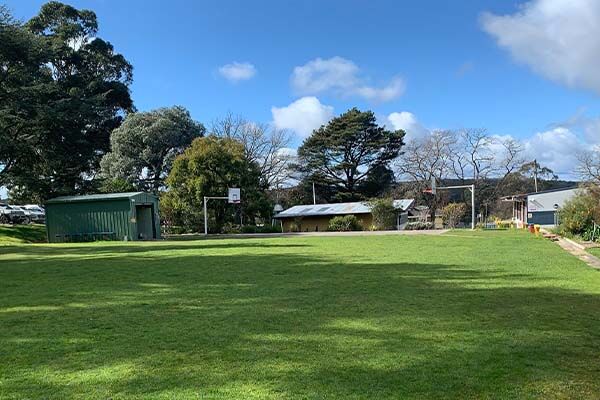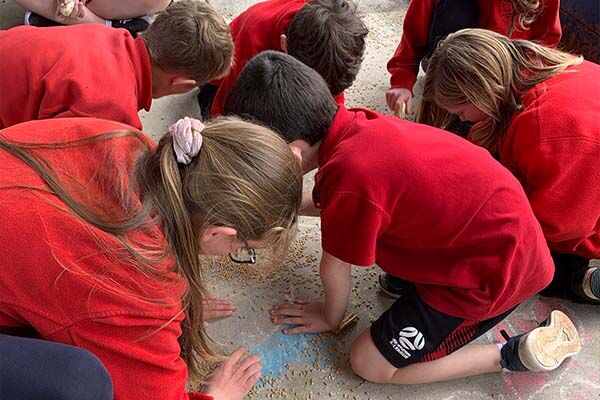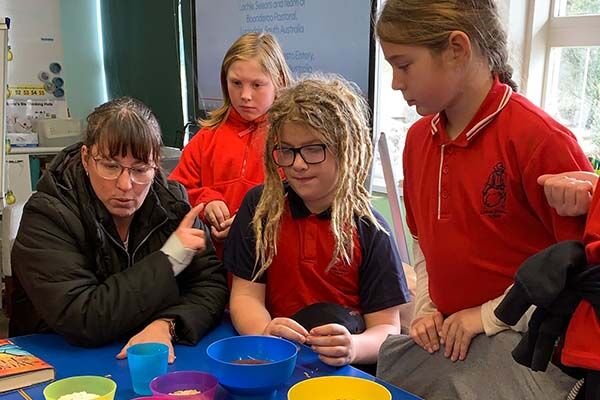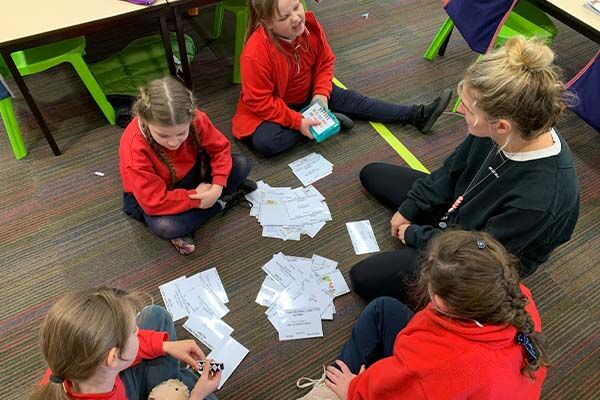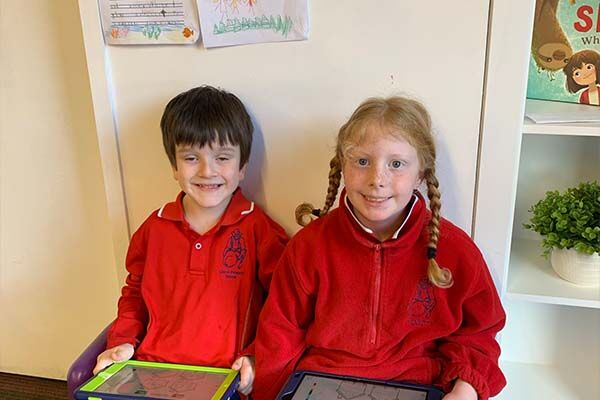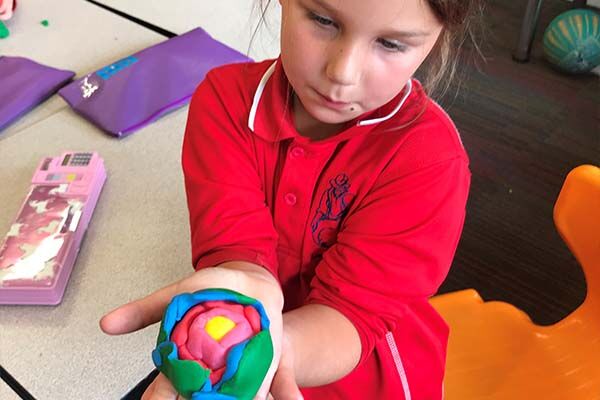Science
Science at Linton Primary School is a very important and developing subject area extending Literacy, Maths, Engineering and problem solving skills, as well as complementing learning in other subject areas.
We have been fortunate to develop links with outside agencies such as Earth Ed, Bendigo Discovery and Science Centre and Ecolinc who have helped us to develop and investigate new and exciting programs.
We are developing a strong environmental theme in our school which incorporates other aspects of the Science program as outlined in the Victorian Curriculum with a vegetable garden and a newly developed rock garden.
The Science curriculum has two interrelated strands: Science Understanding and Science Inquiry Skills. Together, the two strands of the science curriculum provide students with understanding, knowledge and skills through which they can develop a scientific view of the world.
Aims
The Science curriculum aims to ensure that students develop:
- an interest in science as a means of expanding their curiosity and willingness to explore, ask questions about and speculate on the changing world in which they live
- an understanding of the vision that science provides of the nature of living things, of the Earth and its place in the cosmos, and of the physical and chemical processes that explain the behaviour of all material things
- an understanding of the nature of scientific inquiry and the ability to use a range of scientific inquiry methods, including questioning, planning and conducting experiments and investigations based on ethical principles, collecting and analysing data, evaluating results, and drawing critical, evidence-based conclusions
- an ability to communicate scientific understanding and findings to a range of audiences, to justify ideas on the basis of evidence, and to evaluate and debate scientific arguments and claims
- an ability to solve problems and make informed, evidence-based decisions about current and future applications of science while taking into account ethical and social implications of decisions
- an understanding of historical and cultural contributions to science as well as contemporary science issues and activities and an understanding of the diversity of careers related to science
- a solid foundation of knowledge of the biological, chemical, physical, Earth and space sciences, including being able to select and integrate the scientific knowledge and methods needed to explain and predict phenomena, to apply that understanding to new situations and events, and to appreciate the dynamic nature of science knowledge.


